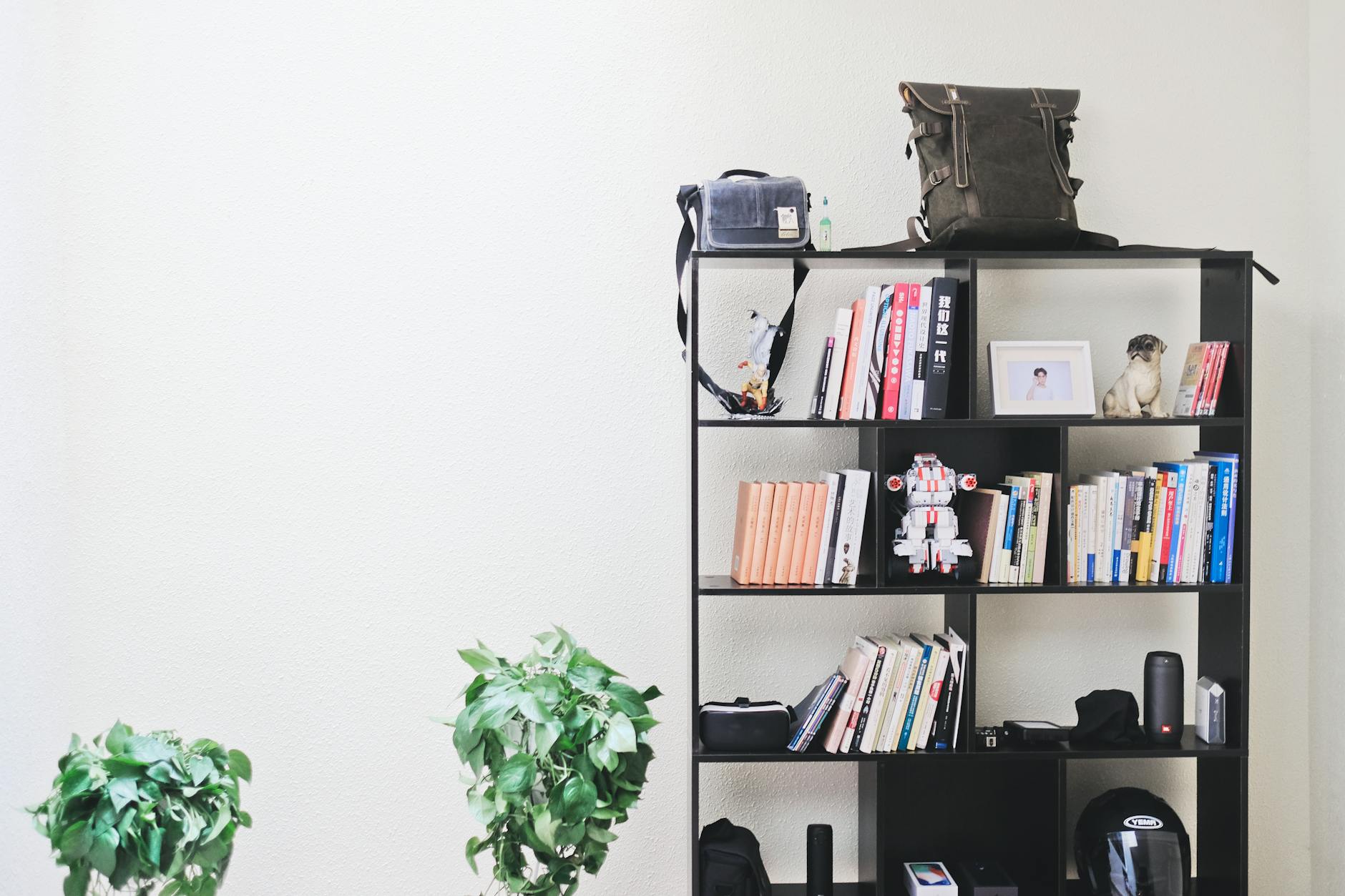
Image via Pexels
If your family is exposed to indoor air pollutants, they are at greater risk for developing asthma, emphysema, allergies, cardiovascular diseases, and other respiratory problems. When the air in your home is thick with pollutants, your lungs and heart have to work much harder than they should. This reduces the body’s energy levels and affects your family’s daily performance at work, school, and home.
Breathing clean air, on the other hand, enables the body to work more efficiently. When the indoor air quality is pure, the brain absorbs more oxygen, energy levels are boosted and your family performs better and feels healthier.
What’s Polluting Your Home’s Air?
- Smoke
- Pet dander
- Radon
- Mold
- Pollen
- Dust mite debris
- Mildew
- Carbon monoxide
- Nitrogen dioxide
- Lead particles
- Volatile organic compounds
- Synthetic fragrances
How to Reduce Allergens and Pollutants in the Home
Sticking to a regular cleaning schedule is a great way to reduce allergens in the home. Vacuum all carpets and rugs at least twice a week and have kids and adults remove their shoes before coming inside. Set up a shoe station by the door where people can place their things in an organized space. Dust weekly with a microfiber cloth and use your vacuum attachment to get cobwebs and loose dust in the corners of the ceiling. Use a quality disinfectant to remove bacteria and germs off surfaces. Try to find a chemical-free disinfectant if possible; companies like Seventh Generation have disinfecting wipes that use essential oils.
Wash all bedding once a week and make sure to clean mattresses at least twice a year. Other home textiles such as tablecloths, cushion covers and bedspreads should also be periodically thrown in the wash. Curtains and blinds also trap pollutants, so use that vacuum attachment to clean them at least once a month — you may want to consider taking them to the dry cleaners once or twice a year. However, be sure to pick an environmentally safe dry cleaner to avoid any toxic chemicals.
Mold exposure can lead to symptoms like asthma, chronic coughing and frequent sneezing. Controlling moisture is the best way to prevent mold and mildew from growing in your home. Immediately fix leaks and any other water intrusions as soon as they are discovered in the home. Keeping gutters and drains on the outside of the house can help prevent water intrusion overall. Install exhaust fans in the kitchen and bathroom and always use them after taking a shower, cooking or doing any activity that makes these areas humid.
Changing your air conditioning filter and selecting one with a high MERV rating removes the harmful allergens that have built up over time. How often you change your filters depends on where you live, whether you have pets, the quality of filter and other factors. However, when in doubt, it’s best to just change it. An AC filter pays for itself in the money saved on your home’s power bill. In addition, your home has other air filters you may not think about. The vacuum cleaner, clothes dryer, kitchen vents and air purifiers all have their own filters that should be changed regularly so they can work efficiently.
Indoor plants are Mother Nature’s air purifiers. NASA research confirms that plants reduce ozone in a simulated indoor environment while filtering out volatile organic compounds and toxic agents like benzene, formaldehyde and trichloroethylene. A home filled with houseplants has 50 to 60 percent fewer mold spores and bacteria.
Popular Air-Purifying Houseplants
To help purifier the air and bring in more oxygen into your home, add some indoor plants including:
- Aloe vera
- Spider plant
- Areca palm
- Janet Craig dracaena
- Dragon tree
- English ivy
- Amstel King ficus
- Gerber daisy
- Peace lily
- Rubber plant
- Snake plant
- Weeping fig
Indoor air pollutants including smoke, dander and VOCs can irritate allergies and make your family sick. A regular cleaning schedule is the best way to reduce indoor air pollutants. Don’t forget to clean linens and other household textiles. Reduce humidity in your home to prevent mold exposure. Air filters help catch dust and pollutants, but they need to be replaced periodically. For added filtration with a bit of style, use indoor plants around the home.